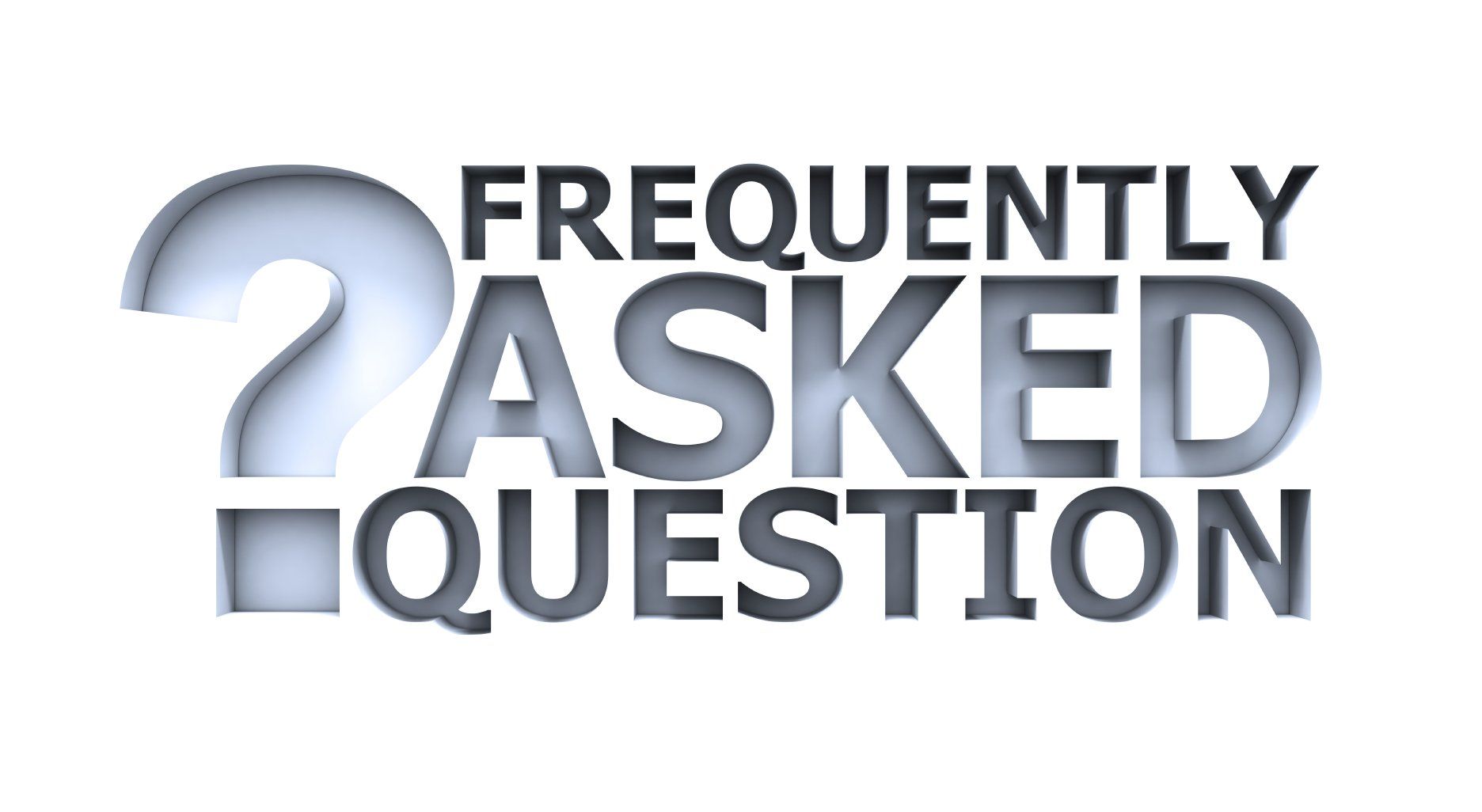Mortgage Advice
As a mortgage broker, we provide "whole of market" mortgage advice which means we have access to dozens of lenders, not just one or two. Whether you are looking to buy your first home, remortgage or purchase a buy to let our highly trained and qualified independent mortgage advisers, based here at our offices in Tamworth, are ready to assist you.
Because we look at the whole market, it is our aim to provide you with tailored advice and get you the most appropriate deal available whilst giving you the pros and cons of each product. Read on for more information or visit the
FAQ section below.
What do we do?
- We analyse your individual circumstances and tailor our approach to you.
- We will use our expertise to help you look beyond the interest rate and properly compare the overall cost and features of the mortgage.
- We may have access to exclusive deals with lenders.
- We will only recommend a mortgage that is suitable for you and that we know you can afford based on the detailed fact find we will carry out with you.
- We will help you with the paperwork and speed up the application process for you.
- We can save you wasted effort by telling you which mortgages you’re more likely to get and which ones you are unlikely to qualify for.
- You can expect that the advice we will give you will be to a high standard and is regulated by the Financial Conduct Authority.
What do we charge?
Full information on our charges can be found in the document "Key Information about our Mortgage Services". Here are the key points:
- INITAL CONSULTATION - Our initial consultation and preliminary research is without charge.
- APPLICATION - Once you have decided to proceed with our recommendation and proceed to application we charge £99 fee.
- COMPLETION - We charge a completion fee of £400 when your mortgage funds are successfully released. Depending on the lender we may also receive a commission.
All costs will be disclosed to you in writing as part of a personalised quotation before you decide to make an application.
Have a question about mortgages? Check out our Mortgage FAQ section.
Ready to
contact us?

MORTGAGE FAQ
Here are some common questions asked about Mortgages. Got a question that is not covered?
Send it to us and we will answer it for you and maybe add it to the list below.
YOUR HOME MAY BE REPOSSESSED IF YOU DO NOT KEEP UP REPAYMENTS ON YOUR MORTGAGE.
YOU MAY HAVE TO PAY AN EARLY REPAYMENT CHARGE TO YOUR EXISTING LENDER IF YOU REMORTGAGE.